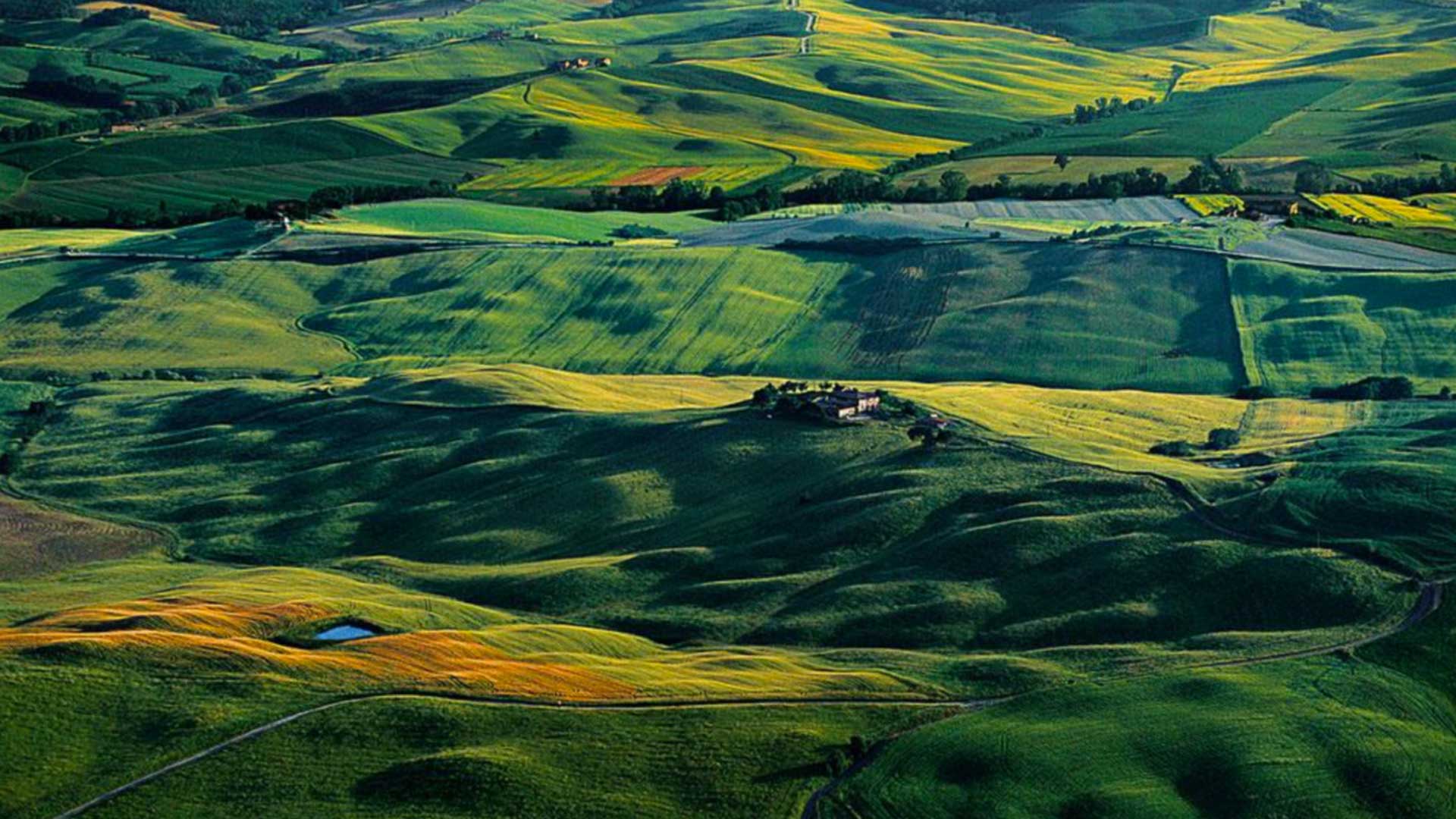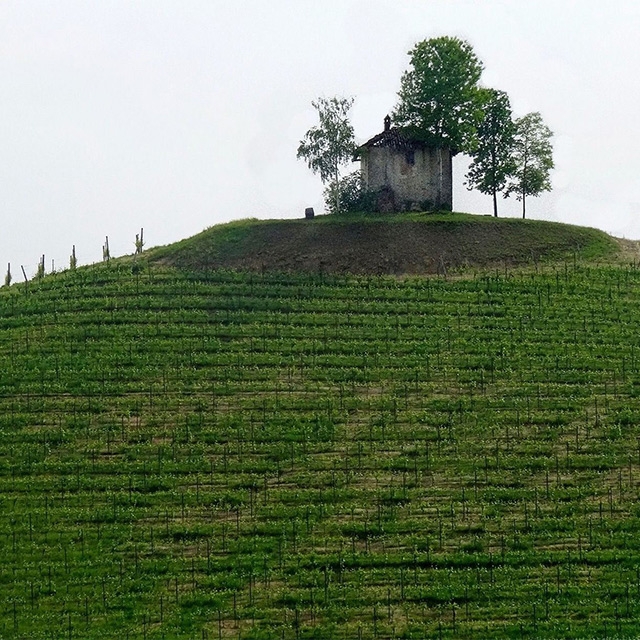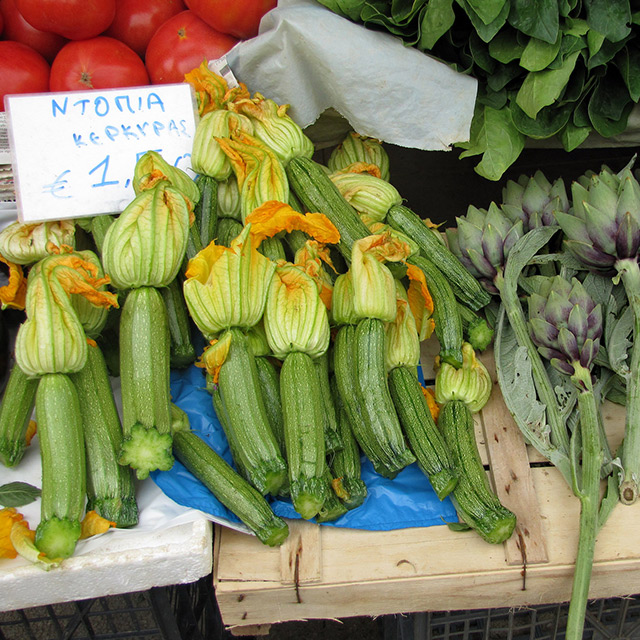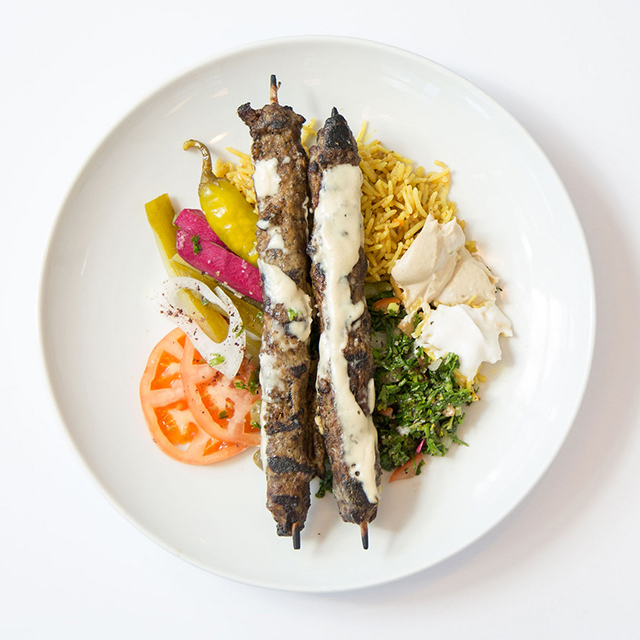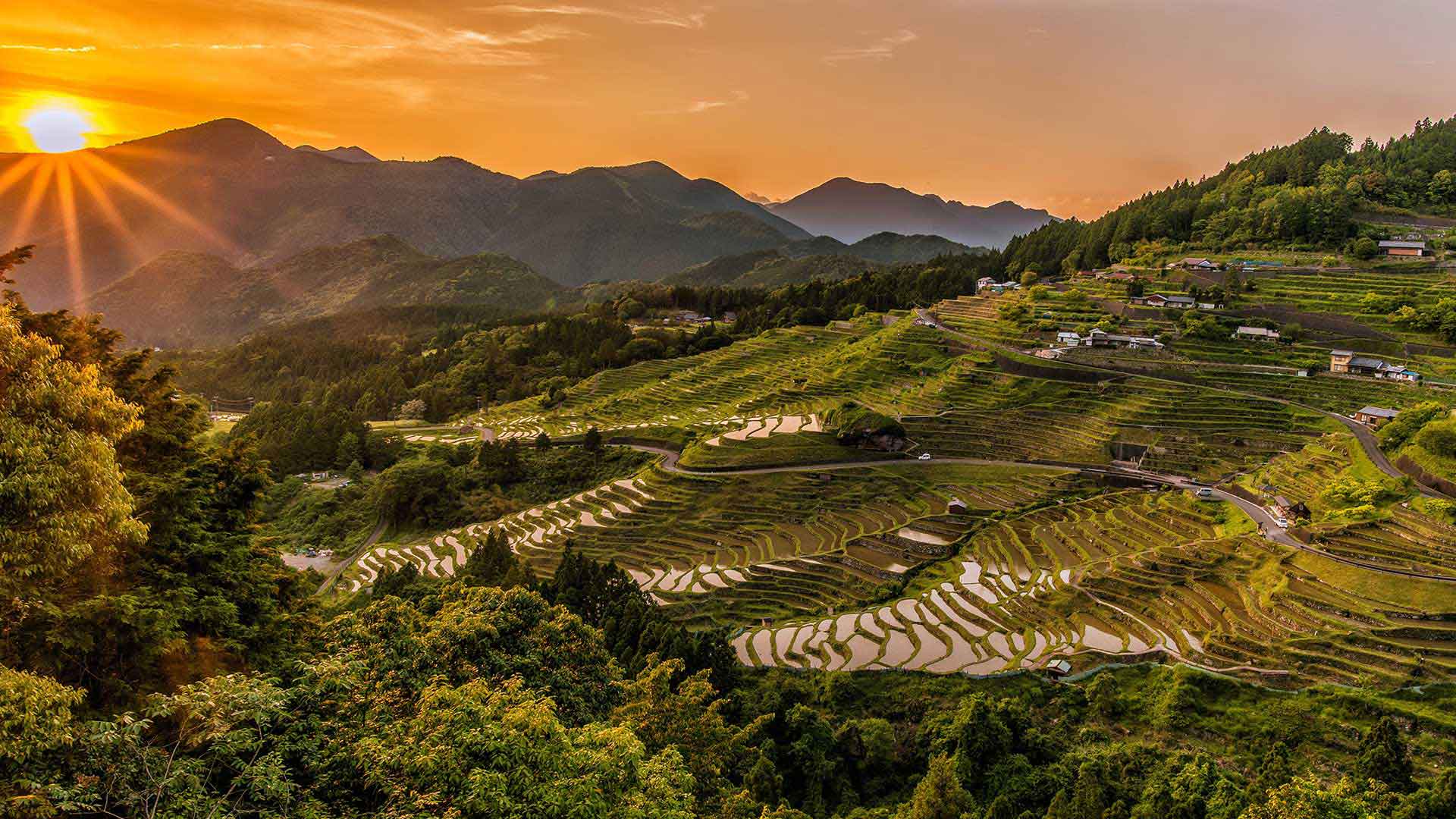The Mediterranean region is one of the most biodiverse in the world, home to a complex and intricate patchwork of cultures, climates, and cuisines. Food systems in the region – represented worldwide by the "Mediterranean diet" – are equally complex, demanding analysis across the political, social, cultural, economic, and nutritional spectrums from landscape to table.
The ability of Mediterranean agriculture to sustain its peoples – and the planet – is now threatened by several issues:
- Unsustainable agriculture production and limited agricultural diversification;
- Overexploitation of natural resources, including loss of soil fertility and agricultural biodiversity;
- Water scarcity and poor water management;
- Limited agricultural diversification;
- Increasingly poor nutritional value of food products and diets;
- Food loss and waste; and
- Decline in food culture and food sovereignty, highlighting the struggle between modernity and tradition.
This course discusses the challenges and opportunities of the agricultural sector in the Mediterranean basin. It summarizes global-to-local challenges related to achievement of the Sustainable Development Goals; outlines the history and culture of agriculture and its main characteristics with a focus on the "Mediterranean diet"; explains agricultural data with a focus on rural development models and value creation; explores EU policy frameworks and international agreements related to food and agriculture in the Mediterranean; and highlights emerging opportunities linked to innovation and sustainability in the sector.
